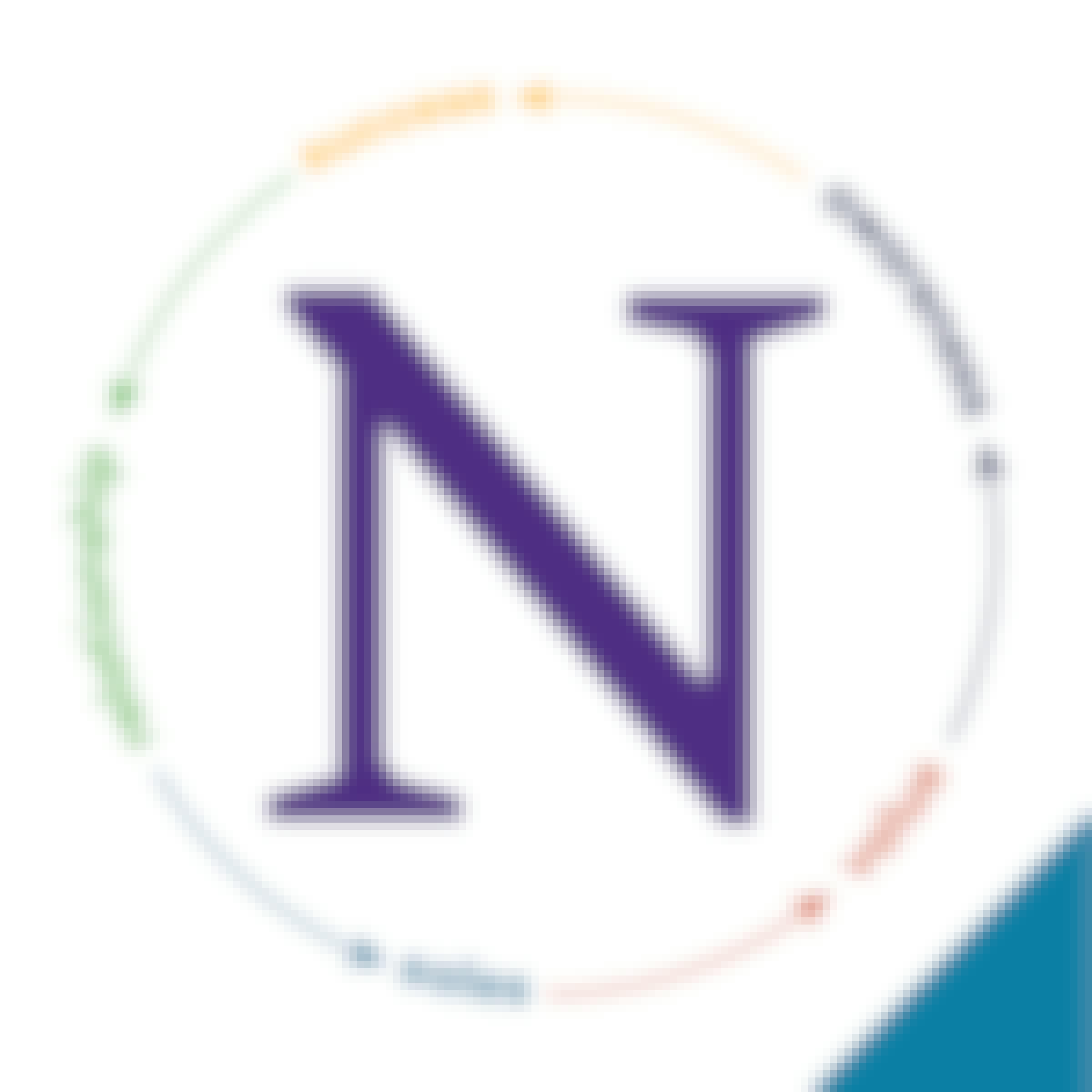Filter by
The language used throughout the course, in both instruction and assessments.
Results for "misinformation"


The State University of New York
Skills you'll gain: Digital Design, Infographics, Content Creation, Digital Publishing, Creative Design, Visual Design, Brainstorming, Web Content, Presentations, Graphic and Visual Design, Planning, Information Management, Research, Lifelong Learning, Critical Thinking, Investigation, Analytical Skills, Digital Communications, Open Source Technology, Literacy


University of Michigan
Skills you'll gain: Security Engineering, Computer Security Awareness Training, Cybersecurity, Security Strategy, Policy Analysis, Vulnerability Assessments, Public Policies, Human Factors, Computer Systems, Human Computer Interaction, Usability, Verification And Validation
 Status: Free
Status: Free
The University of Edinburgh
Skills you'll gain: Open Mindset, Conflict Management, Cultural Responsiveness, Growth Mindedness, Interpersonal Communications, Research, Social Sciences
 Status: Free
Status: Free
The University of Hong Kong
Skills you'll gain: Infectious Diseases, Epidemiology, Sanitation, Biostatistics, Emergency Response, Public Safety and National Security, Health Care, Research, Health Systems, Risk Management, Risk Analysis, Media and Communications, Mathematical Modeling, Investigation


Michigan State University
Skills you'll gain: Journalism, Media and Communications, Electronic Media, Interviewing Skills, Content Creation, Storytelling, Multimedia, Ethical Standards And Conduct, Digital Communications
 Status: Free
Status: Free
University of Geneva


Universidad de Chile
Skills you'll gain: Infection Control, Public Affairs, Epidemiology, Case Management, Infectious Diseases, Community Outreach, Interpersonal Communications, Research, Health Care, Interviewing Skills, Investigation, Health Systems, Cultural Responsiveness, Rapport Building, Ethical Standards And Conduct, Risk Analysis
 Status: Free
Status: Free
Xi'an Jiaotong University
Skills you'll gain: Infectious Diseases, Infection Control, Epidemiology, Preventative Care, Intensive Care Medicine, Medical Science and Research, Emergency Response, Internal Medicine, General Medicine, Patient Treatment, Respiration, Clinical Laboratory Science, Radiology, Surgery


Northwestern University
Skills you'll gain: Integrated Marketing Communications, Social Media Marketing, Content Marketing, Social Media Strategy, Marketing Effectiveness, Facebook, Media Strategy, Content Creation, Advertising, Global Marketing, Marketing Strategies, Key Performance Indicators (KPIs), Customer Engagement

Skills you'll gain: Standard Operating Procedure, Food Quality Assurance And Control, Food Safety and Sanitation, Sanitation, Safety Audits, Food and Beverage, Good Manufacturing Practices, Procedure Development, Compliance Management, Quality Management Systems, Governance Risk Management and Compliance, Risk Management Framework


Coursera Project Network
Skills you'll gain: Exploratory Data Analysis, Deep Learning, Text Mining, Artificial Neural Networks, Matplotlib, Data Cleansing, Data Import/Export, Pandas (Python Package), Data Analysis, Natural Language Processing, Python Programming, Machine Learning, Automation
 Status: Free
Status: Free
University of California, Santa Cruz
Skills you'll gain: Research, Critical Thinking, Storytelling, Systems Thinking, Analysis, Culture, Political Sciences, Social Sciences, Media and Communications
In summary, here are 10 of our most popular misinformation courses
- Applied Digital Literacy: The State University of New York
- Securing Digital Democracy: University of Michigan
- Intellectual Humility: Practice: The University of Edinburgh
- Epidemics: The University of Hong Kong
- What is news? : Michigan State University
- Violence Against Healthcare: University of Geneva
- Seguimiento de casos y contactos COVID-19: Universidad de Chile
- Lecture Series for Preventing and Controlling COVID-19: Xi'an Jiaotong University
- Content, Advertising & Social IMC: Northwestern University
- Inocuidad alimentaria: conoce las normas HACCP y BRC: UBITS











